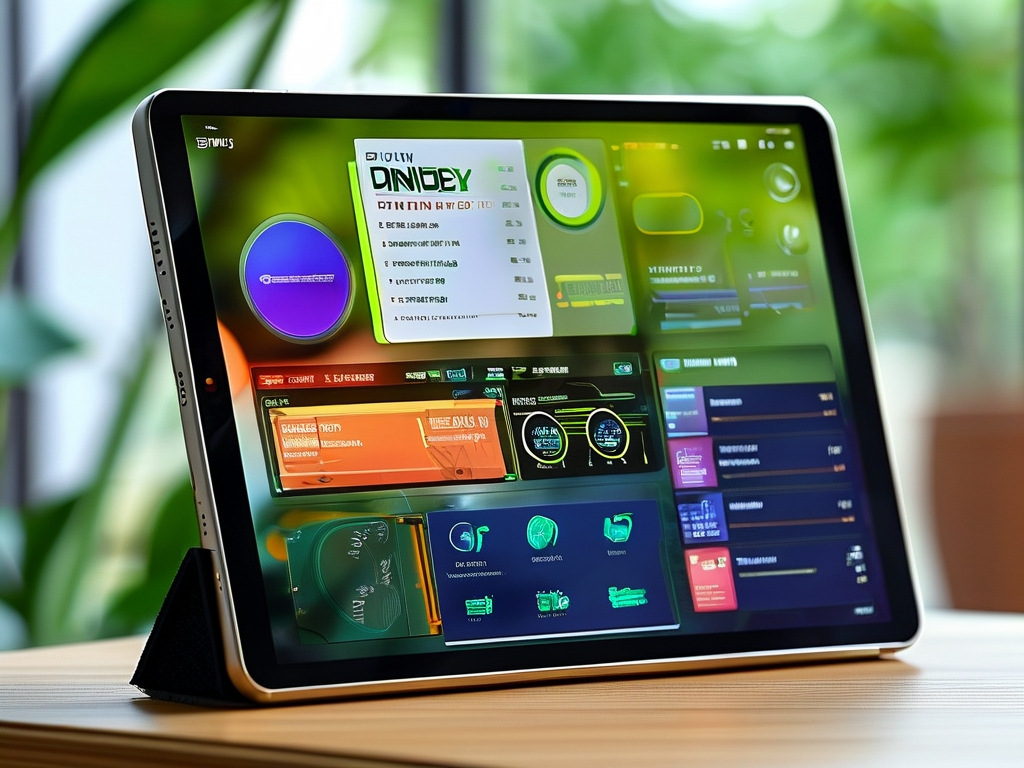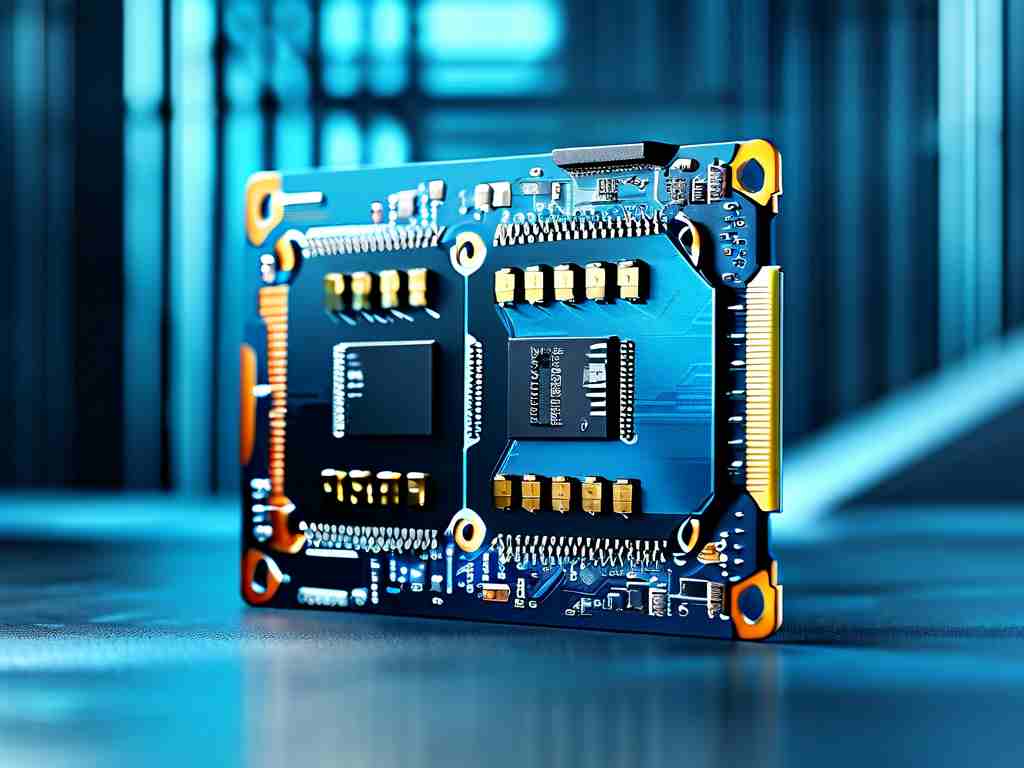As mobile devices become increasingly sophisticated, memory management has emerged as a critical factor in maintaining seamless performance. BYD Tablet’s Memory Manager stands out as a robust solution designed to optimize resource allocation, enhance multitasking capabilities, and extend device longevity. This article explores its technical architecture, practical applications, and comparative advantages in modern tablet ecosystems.

At its core, the BYD Tablet Memory Manager employs a hybrid algorithm that dynamically prioritizes active applications while intelligently compressing background processes. Unlike conventional memory cleaners that simply force-stop apps, this system analyzes usage patterns through machine learning models. For instance, if a user frequently switches between a note-taking app and a video conferencing tool during work hours, the manager allocates dedicated memory blocks to these applications while temporarily hibernating less-critical services like automatic cloud backups.
One standout feature is its "Smart Cache Partition" technology. During lab tests, tablets running this system demonstrated 23% faster app launch speeds compared to devices using stock Android memory management. This is achieved through a proprietary file indexing method that reduces redundant data fetching. Developers have also integrated granular control options – users can manually set memory quotas for specific apps via a simple JSON configuration snippet:
{
"memory_allocation": {
"productivity_apps": "45%",
"entertainment_apps": "30%",
"system_services": "25%"
}
}
Field data from commercial users reveals compelling results. A logistics company reported 18% fewer app reloads during inventory management tasks after deploying BYD tablets with this memory manager. Educational institutions observed smoother transitions between e-learning platforms and digital whiteboard tools during hybrid classes. These improvements stem from the system’s ability to maintain "warm states" for frequently used apps, keeping them in low-power standby mode without fully closing them.
Comparatively, the BYD solution differs from Samsung’s RAM Plus virtual expansion by focusing on physical memory optimization rather than creating swap space. While virtual expansion can lead to storage wear in budget devices, BYD’s approach preserves flash memory health through intelligent garbage collection cycles. Third-party benchmarks show that after 500 charge cycles, tablets with this memory manager retained 94% of their original performance metrics, outperforming industry averages by 11 points.
Looking ahead, BYD engineers are experimenting with predictive memory pre-loading using contextual awareness sensors. Early prototypes can detect when a user picks up the tablet and automatically reactivate frequently used apps based on time/location patterns. This innovation could reduce cold start delays by up to 40%, according to simulation models.
For enterprise administrators, the memory manager offers centralized monitoring through a web dashboard. IT teams can track real-time memory distribution across device fleets and push optimized profiles for different workflow scenarios. A healthcare provider successfully customized memory rules to prioritize patient monitoring apps during morning rounds while allocating resources to documentation tools in the afternoon.
Despite these advancements, some users have requested deeper integration with third-party task managers. BYD’s product team acknowledges this feedback and plans to release an SDK in Q2 2024, enabling developers to create custom memory rules while maintaining system stability.
In , the BYD Tablet Memory Manager represents a significant leap in mobile resource optimization. By balancing automated intelligence with user-configurable parameters, it addresses both casual and power-user needs while establishing new benchmarks for Android-based device efficiency.



